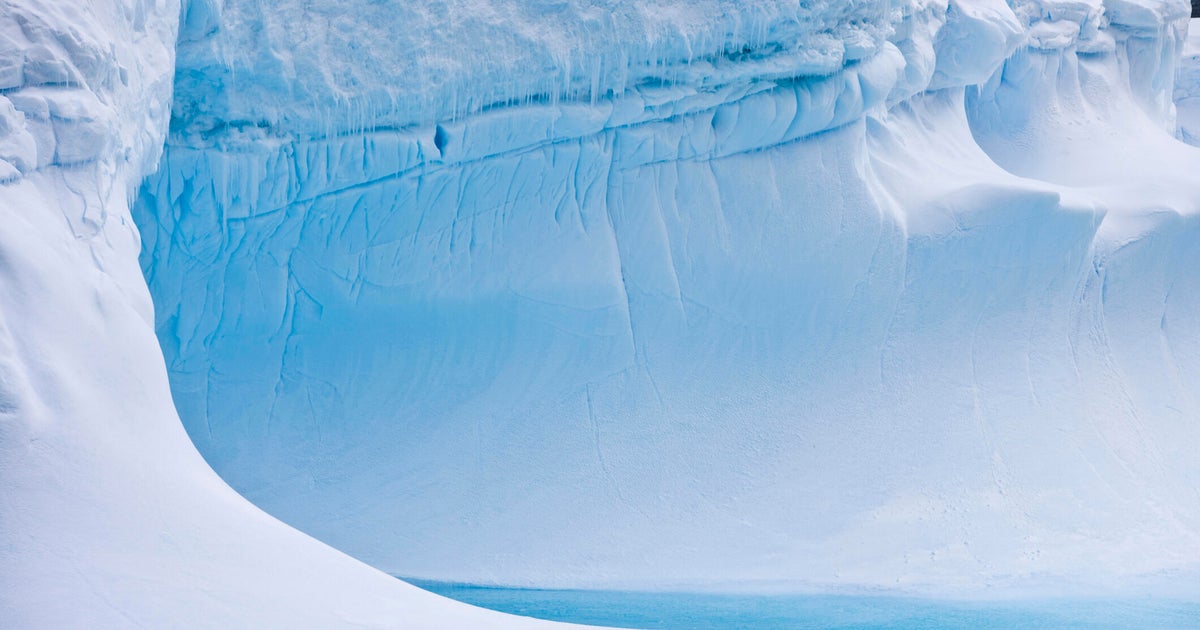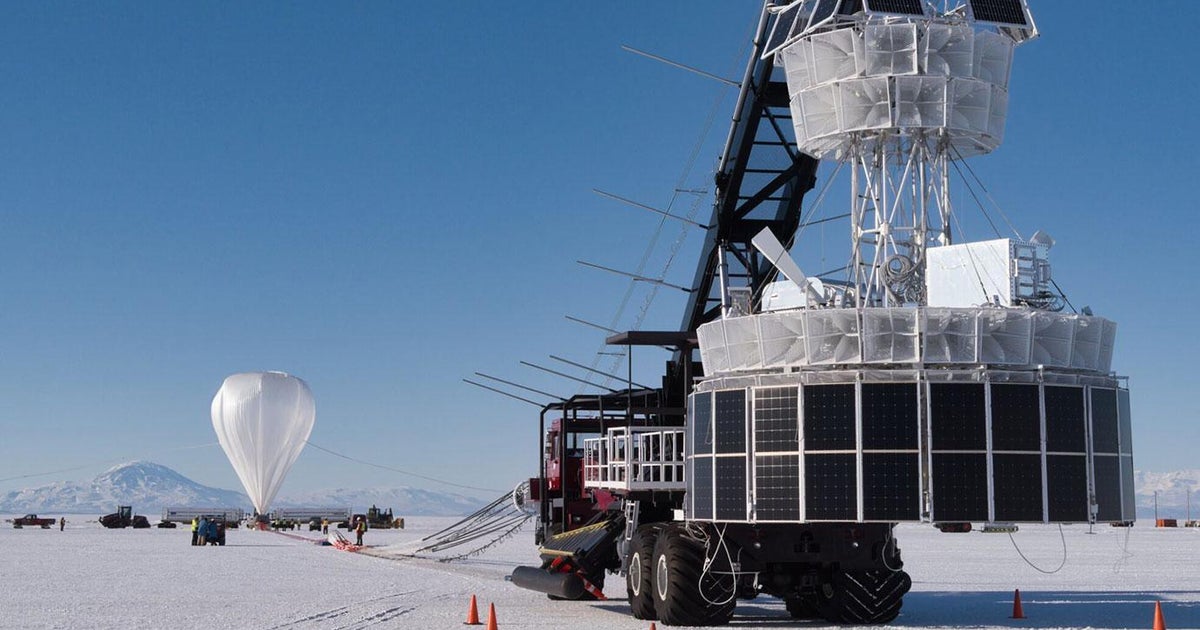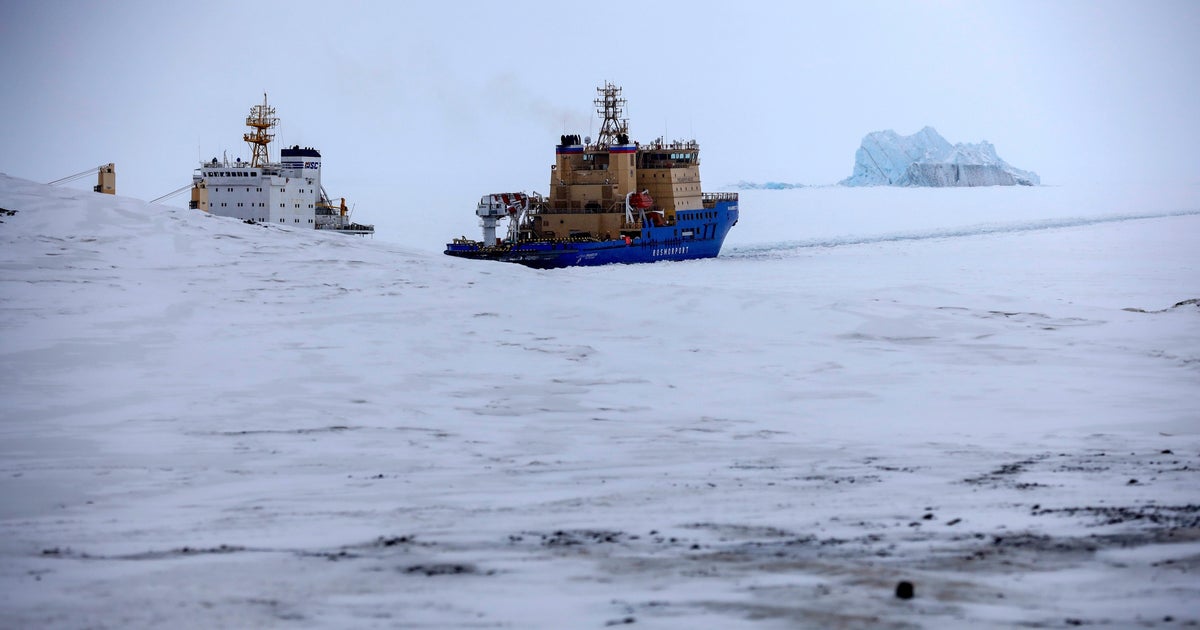Mass die-off of Antarctic penguin chicks alarms researchers
BERLIN -- Almost the entire cohort of chicks from an Adelie penguin colony in the eastern Antarctic was wiped out by starvation last summer in what scientists say is only the second such incident in over 40 years.
Researchers said Sunday the mass die-off occurred because unusually large amounts of sea ice forced penguin parents to travel farther in search of food for their young. By the time they returned, only two out of thousands of chicks had survived.
"Not only did the chick starve but the partner (who stayed behind) also had to endure a long fast," said Yan Ropert-Coudert, a marine ecologist with the French science agency CNRS.
Ropert-Coudert, who leads the study of seabirds at the Dumont D'Urville Antarctic research station, said the Adelie colony there numbers about 18,000 pairs who have been monitored since the 1960s. A similar breeding loss was observed for the first time during a 2013-2014 research expedition.
"It is unusual because of the size of the population concerned," he said in an email to The Associated Press. "Zero breeding success years have been noted before elsewhere, but never for colonies of this size."
Sea ice extent in the polar regions varies each year, but climate change has made the fluctuation more extreme.
A study published by Oceanites in April said the Antarctic Peninsula has warmed by a year-round average of 5 degrees Fahrenheit in the past 60 years.
The environmental group WWF, which supported the research, urged governments meeting in Hobart, Australia, this week to approve a new marine protection area off East Antarctica. Rod Downie, head of polar programs for the group's British branch, said the impact of losing thousands of chicks was dramatic for an otherwise hardy species such as Adelie penguins.
"It's more like 'Tarantino does Happy Feet', with dead penguin chicks strewn across a beach in Adelie Land," he said.
Ropert-Coudert said creating a protection zone in the D'Urville Sea-Mertz region, where the colony is located, wouldn't prevent larger-than-usual sea ice, but it might ease the pressure on penguins from tourism and over-fishing.



